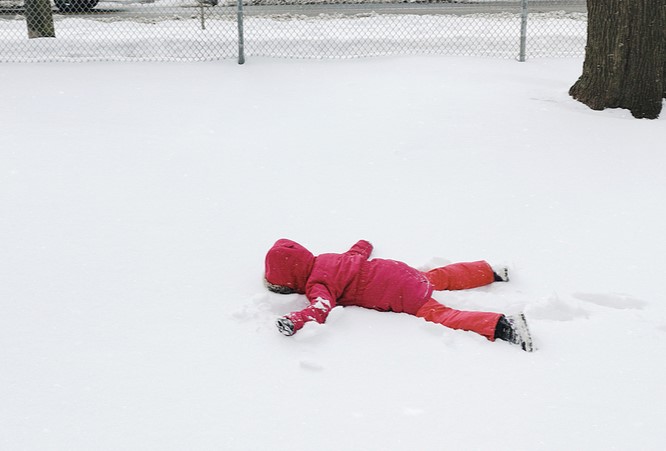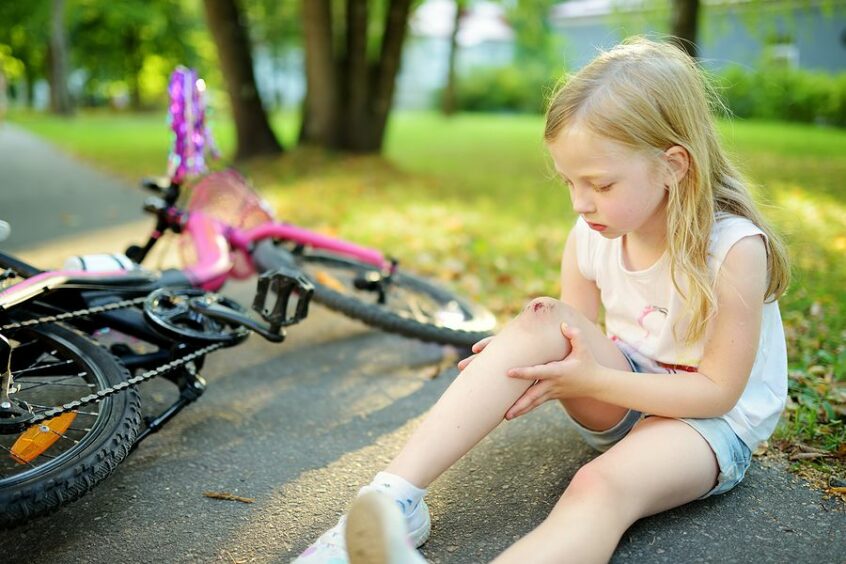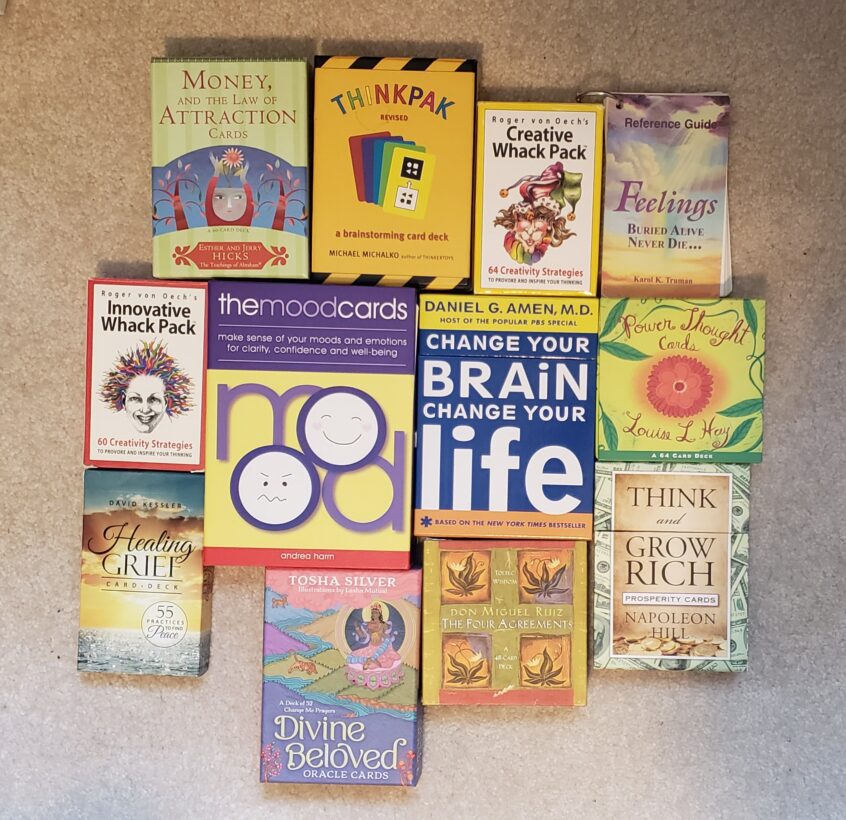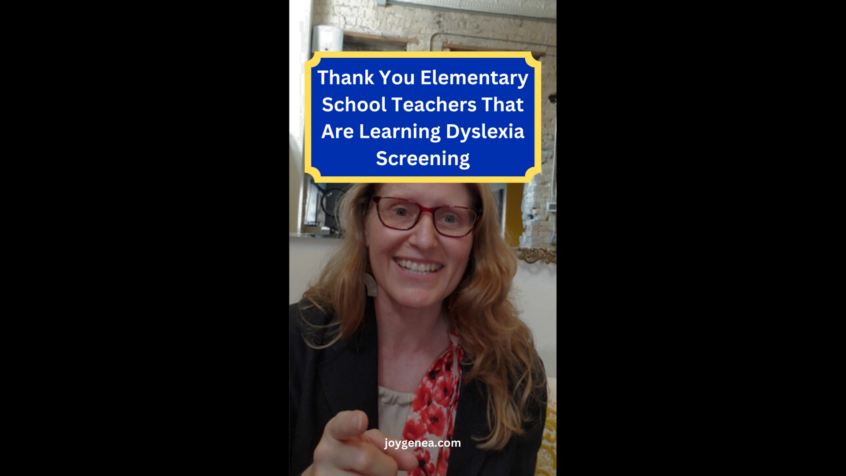I like living in Minnesota, winter is pretty. It also sticks around for a pretty long time making it hard to fight off depression and anxiety. If you are a different thinker, you need to know that you might be more susceptible to SAD than your typical person. I tell all my clients who live
Reasoning: As a Dyslexic Thinking Strength
What is Reasoning: As a Dyslexic Thinking Strength Reasoning is understanding patterns, evaluating possibilities, and making decisions. 84% of dyslexics are above average at reasoning One of the most skilled reasoning clients I have had the privilege of working with is an ADHD/Dyslexic software engineer. I have been able at times to watch him bounce
Navigating the Neurodiverse Dyslexic or ADHD Brain: Understanding the “Why” Behind Some of Your Exhaustion
“I’m exhausted, and I can tell my neurodiversity, particularly my dyslexia and ADHD, is making my life harder. I don’t know what to do, but I’m so worn out.” These words resonate with countless dyslexic and ADHD individuals who struggle with the daily challenges of their unique thinking styles. The constant struggle to understand and
Part 2 What does Self-Care look like for Dyslexics and ADHD
We can’t start talking about self-care and not explain what it is. What is self-care? “the practice of taking action to preserve or improve one’s own health.” Oxford Languages “Self-care is the practice of taking care of your physical, mental, and emotional health. It is about making choices that support your well-being and help you
Using Cool Cards as Visual Reminders of Information
A useful and cool tool for high visual processors are flashcards or reminder cards. Some books have them to support what they are teaching in the book. Think and Grow Rich was the deck I used in this video. Transcription: Hey JoyGenea here, international Neurodiversity Coach, always talking about dyslexia and ADHD. And today one
Resilience Part 3- Face Your Fears – Ways to do that and being neurodiverse
Here are the other blogs in this series: Resilience – Science-Backed Strategies from a Dyslexic / ADHD Perspective Resilience Part 2- Change the Narrative – what are some ways we can do that? What about being neurodiverse would make that different from other people? Resilience Part 4- Practice Self-Compassion – How do you do that
Resilience Part 2- Change the Narrative – what are some ways we can do that? What about being neurodiverse would make that different from other people?
Here are the other blogs in this series: Resilience – Science-Backed Strategies from a Dyslexic / ADHD Perspective Resilience Part 3- Face Your Fears – Ways to do that and being neurodiverse Resilience Part 4- Practice Self-Compassion – How do you do that while being neurodiverse? Resilience Part 5- Meditate – Ways to do that
Resilience – Science-Backed Strategies from a Dyslexic / ADHD Perspective
Here are the other blogs in this series: Resilience Part 2- Change the Narrative – what are some ways we can do that? What about being neurodiverse would make that different from other people? Resilience Part 3- Face Your Fears – Ways to do that and being neurodiverse Resilience Part 4- Practice Self-Compassion – How
Card Decks and Flashcards – Not Just For Your School Days – Neurodiverse tool
If you’re anything like me, you are a constant learner. Here is an example, most non-fiction books I read, I take handwritten notes and create metacogs while I am reading them, so I can retain more of the information and hopefully be able to reference it when I need it. Even as an adult I
Thank You Elementary School Teachers That Are Learning Dyslexia Screening
Right now around the country thousands of preschool, kindergarten, 1st, and 2nd grade teachers are being trained to screen students for dyslexia. THANKS to those teachers more young people will be identified early and given a chance to read in their Neuro skill set. Transcription: Hi JoyGenea here, International Neurodiversity Coach. And today I just









